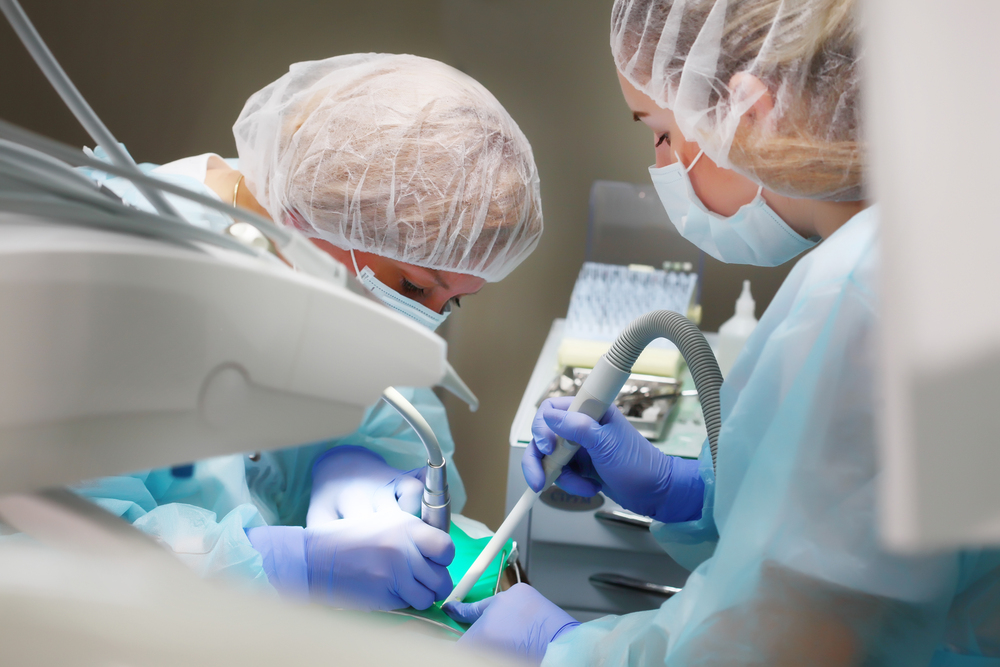Dental emergencies can be both painful and stressful, especially when dealing with fractured, chipped, or dislodged teeth. Knowing what steps to take before reaching an emergency dentist can make a significant difference in preserving your oral health. In this article, we will discuss the causes of dental trauma, immediate actions to take, and how to overcome the fear of the dentist when seeking urgent care.
Understanding Dental Trauma
Dental injuries can occur due to various reasons, including accidents, sports injuries, biting down on hard foods, or even falls. These injuries can range from minor chips to severe fractures or complete dislodgement of a tooth. Recognizing the severity of the trauma is crucial in determining the best course of action.
Dental emergencies can happen at any time, causing pain, discomfort, and potential long-term damage if not treated promptly. Whether it’s a severe toothache, a knocked-out tooth, or a broken restoration, seeking immediate care from an emergency dentist is crucial. Delaying treatment can lead to complications such as infections or further injury, making quick action essential. An emergency dentist is trained to handle urgent dental issues, providing relief and preventing further harm. If you experience a dental emergency, contacting a professional as soon as possible can make all the difference in preserving your oral health.
Types of Dental Injuries:
1. Chipped Teeth: Minor chips may not cause pain but can lead to sensitivity and further damage if untreated.
2. Fractured Teeth: Cracks that extend into the nerve or root of the tooth can cause severe pain and may require immediate intervention.
3. Dislodged (Avulsed) Teeth: A tooth that has been knocked out completely needs urgent attention to increase the chances of successful reimplantation.
What to Do in a Dental Emergency
Handling a Chipped Tooth
If you chip a tooth, follow these steps:
– Rinse your mouth with warm water to clean the area.
– If there is bleeding, apply gentle pressure with gauze or a clean cloth.
– Use dental wax or sugarless gum to cover any sharp edges to prevent irritation.
– Schedule an appointment with an emergency dentist to assess the damage and determine the best treatment.
Managing a Fractured Tooth
A fractured tooth requires more immediate attention than a simple chip. Here’s what to do:
– Rinse your mouth with warm water and apply a cold compress to reduce swelling.
– Avoid eating on the affected side to prevent further damage.
– Take over-the-counter pain relievers if needed.
– Contact an emergency dentist as soon as possible to prevent infection and assess the extent of the fracture.
Dealing with a Dislodged Tooth
A completely knocked-out tooth is one of the most urgent dental emergencies. The sooner you act, the better the chances of saving the tooth.
– Pick up the tooth by the crown (avoid touching the root).
– Rinse it gently with saline or milk if dirty—do not scrub it.
– If possible, place the tooth back into its socket and bite down gently on a clean cloth.
– If reinsertion is not possible, store the tooth in milk or a saline solution.
– See an emergency dentist immediately—ideally within 30 minutes—to maximize the chance of saving the tooth.
Overcoming Fear of the Dentist in Emergencies
Many people experience fear of the dentist, making it challenging to seek care even in urgent situations. However, delaying treatment can worsen the condition and lead to complications.
Tips to Manage Dental Anxiety:
– Choose an Emergency Dentist Experienced in Anxiety Care: Some dentists specialize in treating anxious patients and offer sedation options to keep you comfortable.
– Bring a Support Person: Having a friend or family member accompany you can help ease nervousness.
– Practice Breathing Techniques: Deep breathing or meditation can help calm your nerves before and during your visit.
– Ask About Pain Management Options: Modern dentistry offers advanced pain relief techniques, ensuring a comfortable experience.
When to Seek Emergency Dental Care
While some dental issues can wait for a regular appointment, certain situations require immediate attention:
– Severe pain that doesn’t subside with medication.
– Bleeding that doesn’t stop after applying pressure.
– Swelling in the face or gums, which may indicate infection.
– Loose or missing teeth due to trauma.
Handling dental emergencies properly can make a significant difference in the outcome of your oral health. Whether you’re dealing with a chipped, fractured, or dislodged tooth, taking the right steps before seeing an emergency dentist can increase the chances of successful treatment. Additionally, if you have a fear of the dentist, finding the right professional who understands dental anxiety can make emergency visits much less stressful. Always be prepared and take quick action in dental emergencies to protect your smile and overall well-being.



